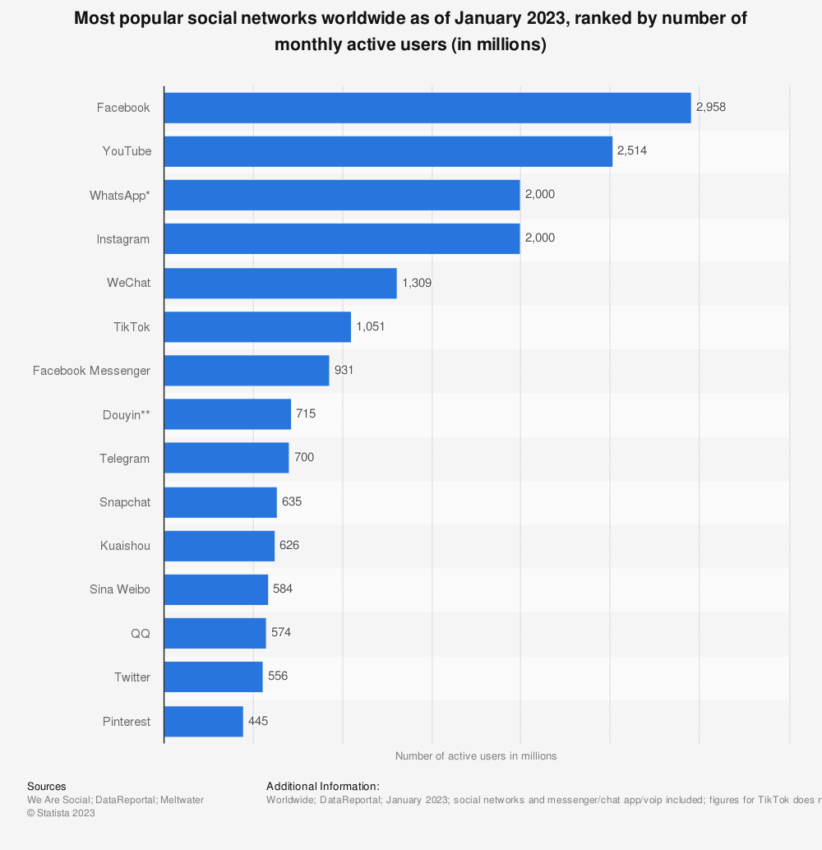Digital technology is at the heart of daily life, and concerns over national security have risen. The Restricting Emergence of Security Threats Risking Information and Communications Technology (RESTRICT) Act is a recent legislative proposal that aims to mitigate the risk presented by foreign technology.
While TikTok has been the face of this legislation, the reality is that the RESTRICT Act’s impact extends far beyond a single social media platform. From VPNs to the digital economy, the Act’s reach is significantly more expansive.
Unraveling the All Apps Banned by the RESTRICT Act
The RESTRICT Act, championed by Sen. Mark Warner (D–Va.) and Sen. John Thune (R–S.D.), is not explicitly designed to target TikTok or its parent company, ByteDance. Rather, it bestows extensive authority on the government.
In particular, the Secretary of Commerce can probe and prohibit certain transactions between the United States and foreign adversaries concerning information and communications technology.
The act’s framework allows the government to act against technology developed entirely or partially in countries that resist crackdowns on crypto, encryption, or online speech. It has a potentially far-reaching impact on various digital tools and platforms.

Go to Source to See Full Article
Author: Bary Rahma






